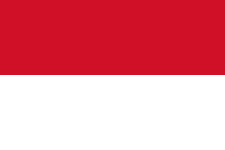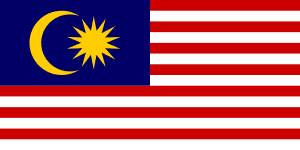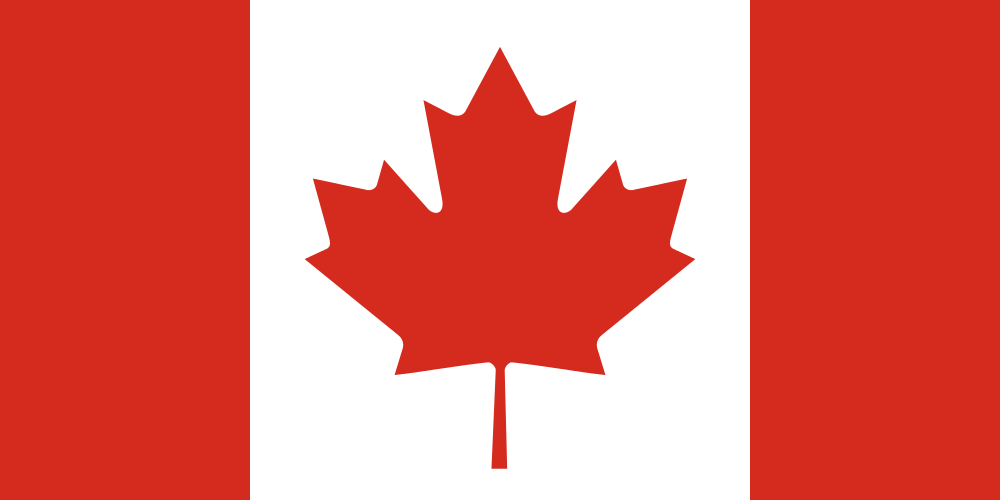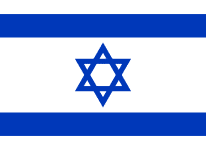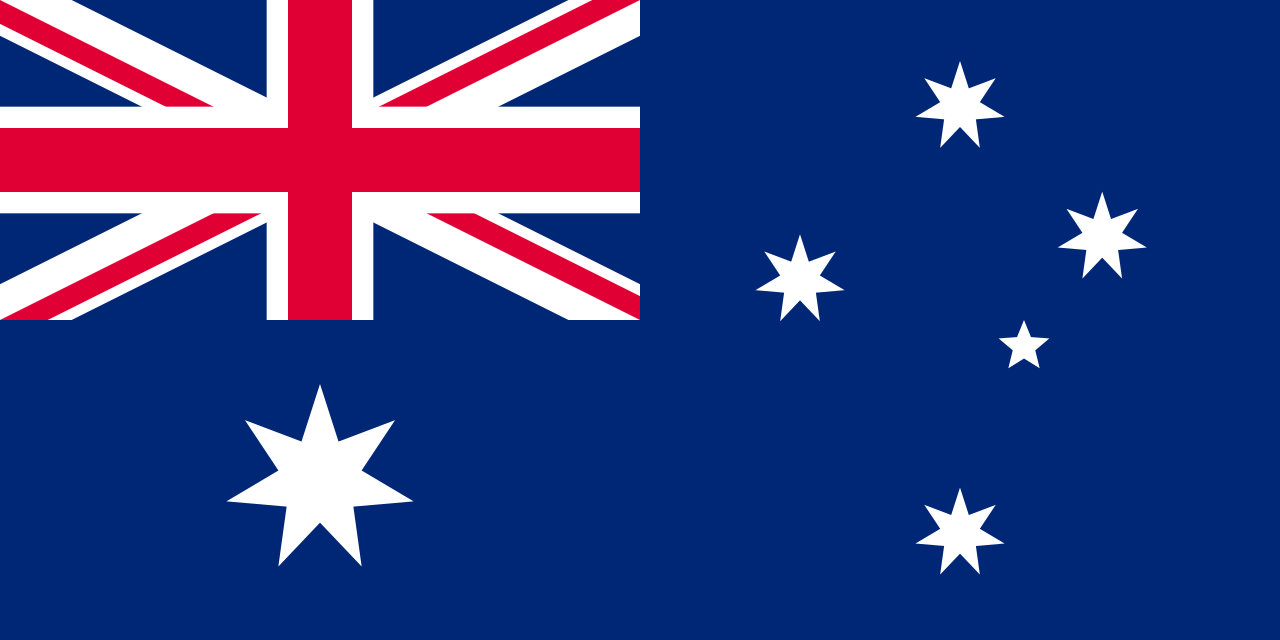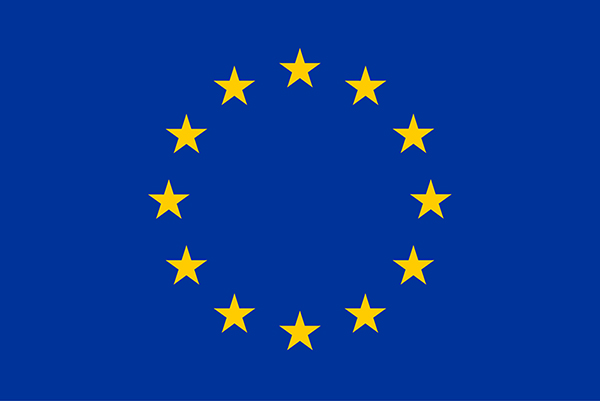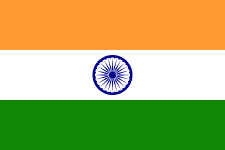- Industry
- Region
- Country / Region
On July 15, 2025, the Directorate General of Digital Infrastructure (DJID) of the Ministry of Communication and Digital Affairs of Indonesia issued Circular Number 3 of 2025 on Changes to the Format of Declaration of Conformity for Technical Standards for Telecommunications Tools and/or Equipment. This circular is open to all applicants applying for certification of telecommunications tools and/or equipment and aims to implement the provisions of Regulation No. 3 of the Ministry of Communication and Information of 2024. In this regulation, a declaration of conformity is one of the documents that must be submitted and evaluated during the certification application process.
This format change aims to improve efficiency and speed up the certification assessment process. All certification applications submitted from 1 August 2025 onwards shall use the new Declaration of Conformity format set out in Annex I to the Circular. Applications submitted after August 31, 2025, will be rejected if they do not adopt the new format.
Click on this link to view the original text of Circular No. 3 of 2025.
On 11 July 2025, the Malaysian Communications and Multimedia Commission (MCMC) published a draft technical specification that sets out the principles for functional safety for Internet of Things (IoT) systems. This regulatory update initiative aims to solicit public comment on a framework aimed at addressing systemic risks in the connected environment. Rather than focusing on a single product type, the draft aims to improve broader system resilience for IoT applications. The draft standard, MCMC MTSFB TC Gxxx:2025, will align with internationally recognized frameworks such as IEC 61508 and ITU-T Y.4806. The draft emphasizes the interdependencies between cybersecurity and functional safety. It recommends a combination of secure over-the-air (OTA) updates, fail-safe software mechanisms, and secure data flow to ensure secure and predictable system behavior.
Click this link to view the original draft, which will be open for comment until August 10, 2025.
On July 11, 2025, Innovation, Science and Economic Development Canada (ISED) published the radio standard specification RSS-193 Issue 1 - Flexible-use broadband equipment operating in the 27.5-28.35 GHz band.
On July 24, 2025, ISED published the Radio Standard Specification RSS-247 Issue 4 - Digital Transmission Systems, Frequency Hopping Systems, and License-Free LAN Equipment in the 902-928 MHz, 2400-2483.5 MHz, 5150-5350 MHz, and 5470-5895 MHz bands. The main technical changes of this update are as follows:
- Removal of restrictions on the operation of devices in the frequency range from 5600 MHz to 5650 MHz;
- Amended Section 6.4 on hybrid equipment to introduce a requirement to distinguish between hybrid equipment and mere combinations of FHS and DTS equipment;
- Removed directional antenna/antenna array calculations as directional gain calculations are included in the measurement procedures of the normative reference document ANSI C63.10 and related KDBs;
- Added instructions for LE-LAN operating in the 5150-5250 MHz and 5250-5350 MHz bands;
- amended b) in Section 7.3.1.3 regarding unwanted emissions from transmitters operating in the 5150-5250 MHz band to clarify the requirements;
- Added reporting requirements for equipment implementing transmitter power control in Section 7.1;
- modified transmit power control requirements in Sections 7.3.1.2 and 7.3.2.2;
- Section 7.3.2.1 was amended to introduce labeling requirements for indoor unwanted emissions;
- Section 7.3.2.3 has been amended to clearly indicate the different unwanted emission limits for transmitters operating in the 5250-5350 MHz band;
- Move the definition from section 7.3.5 to the definition section.
Click this link to view RSS-193 Issue 1, click this link to view RSS-247 Issue 4.
After launching in 2021 and notifying on September 13, 2023 that 2G and 3G services would be shut down by the end of 2025, the Israeli Ministry of Communications (MOC) issued another announcement on July 10, 2025, reminding the public that Israel is entering the final stage of network shutdown, with 2G and 3G services being completely phased out by December 31, 2025. From January 1, 2026, only devices compatible with 4G VoLTE and 5G will continue to operate. Users and businesses that still rely on outdated networks must be prepared for this change to avoid service disruptions.
Click this link to view the original MOC announcement.
On 9 July 2025, the Australian Communications and Media Authority (ACMA) solicited public comments on the design and key technical parameters for the 2 GHz Mobile Satellite Service (MSS) band allocation.
Click on this link to view the original public consultation, and the comment period is until 20 August 2025.
USA: FCC Public Consultation on Extending Volume Control Partial Waiver Requirements for HAC Testing
On July 8, 2025, at the request of CTIA, the U.S. Federal Communications Commission (FCC) launched a public consultation on the extension of a temporary volume control standard for the certification of hearing aid compatibility for mobile phones. In the order numbered DA-23-914, the waiver requirement is in effect until September 29, 2025. In the request document submitted to the FCC, CTIA also mentioned that the revision of the new volume control standard is expected to be completed in the first half of 2026, so the extension waiver request is still recommended to be provisional.
Click on this link to view the original public consultation, the comment period is until 18 July 2025.
On July 7, 2025, the Indonesian Ministry of Communications and Digital Affairs (KOMDIGI) issued a draft ministerial decree listing telecommunications tools and other equipment with telecommunication capabilities that must comply with Indonesian technical standards and be certified. This move aims to implement the provisions of Article 33 of the Ministry of Communications and Information Regulation No. 3 of 2024 on the certification of telecommunications equipment.
The draft covers the following:
- Identification of a list of telecommunications equipment and/or telecommunications equipment that must comply with technical standards, including other tools and/or equipment with telecommunications functions;
- The list of telecommunications equipment and/or telecommunication devices and other tools and/or equipment with telecommunication functions shall be compiled on the basis of the customs HS code in accordance with the provisions of laws and regulations;
- The introduction of the customs HS code in the Ministerial Decree is only used as a means of administrative supervision, and is not used as a reference for determining the HS code of the type of goods in the customs settlement process.
- If telecommunications equipment and/or telecommunications installations and other tools and/or equipment with telecommunications functions are not already listed in the annex to this Ministerial Decree, they are still required to comply with the technical standards;
- This draft Ministerial Decree shall enter into force within 30 (thirty) calendar days from the date of its determination.
Click this link to view the original request for comments, which is open until 20 July 2025
On June 30, 2025, the Australian Communications Alliance(CA) officially released AS/CA S042.1:2025, S042.4:2025 and S042.5:2025 standard. The main updates of the new version of the standard are as follows:
- Incorporating emergency cell broadcast requirements into the National Messaging System (NMS);
- Removed the relevant requirements for 3G (UMTS);
- AS/CA S042.4:2025 and AS/CA S042.5:2025 add technical requirements for LTE B26/B255/B256 and 5G NR n26 bands, respectively. Among them, the B255 and B256 frequency bands are set for IoT NTN services. The B26/n26 frequency band is subject to FCC regulations.
The new version of the standard has a 12-month transition period. During this period, the equipment can be tested or evaluated according to the S042 2022 series standard or the S042 2025 series standard. From 30 June 2026, all relevant equipment imported into Australia for the first time must comply with the requirements of the S042 2025 series standard.
Click on the standard number above to view the original standard.
On June 27, 2025, the Electronic Communications Committee (ECC) of the European Commission for Posts and Telecommunications (CEPT) issued Resolution ECC DEC(25)02. The resolution, which deals with satellite communications low-power devices (LPD-S) in the 862-870 MHz frequency range, will drive the rollout of LoRaWAN and other satellite-based LPWAN IoT solutions across Europe.
Click this link to view the original ECC/DEC/(25)02 resolution.
On 26 June 2025, the Telecommunication Engineering Centre (TEC) of India issued a notice announcing that the deadline for ILAC test reports for non-border sharing countries could be extended until 31 December 2025 for specific products. These test reports should be issued within two years from the date of submission to the MTCTE portal. Related products include:
- cellular base stations;
- SIM card;
- Very High Frequency (VHF) Ultra-High Frequency (UHF) radio equipment systems;
- E-band fixed radio relay system.
Click this link to view the original TEC notice.
